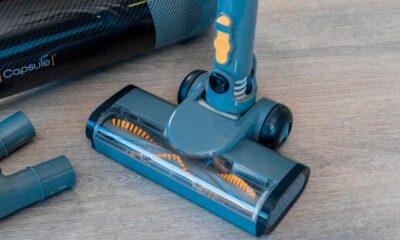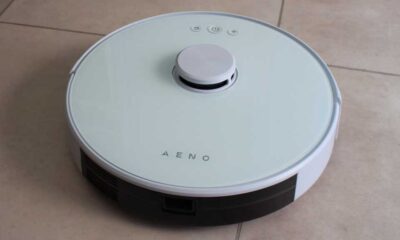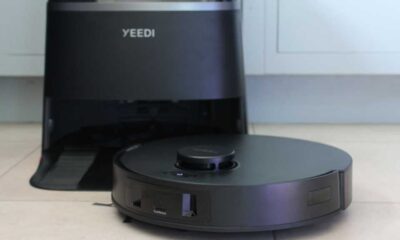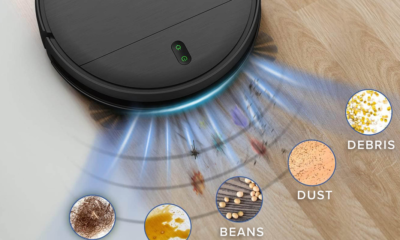Technology
How often should you vacuum? It depends.
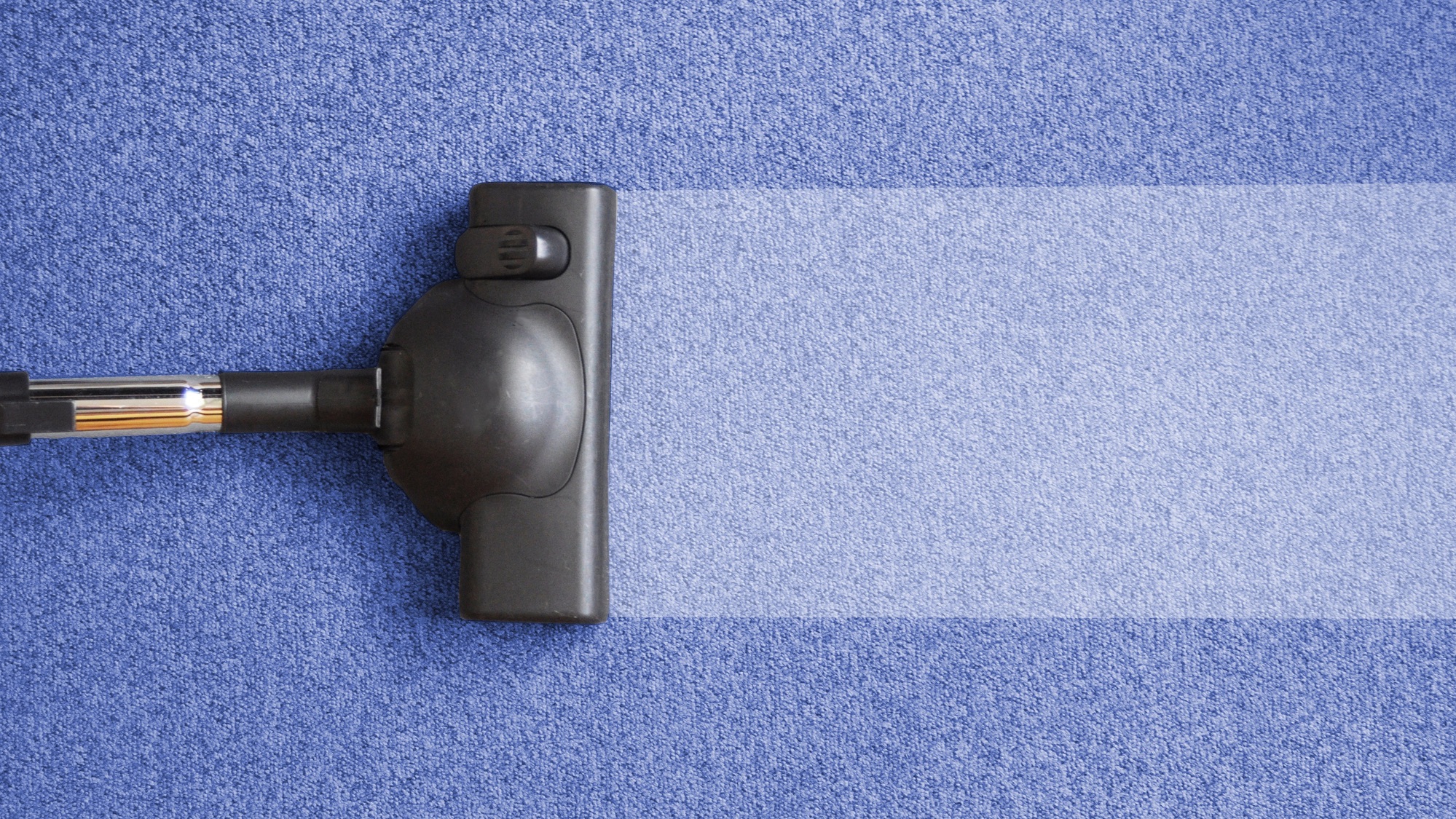
Regular vacuuming is not just about keeping your home tidy, but about creating a healthy living environment. It’s not just about removing visible dirt and crumbs; it’s also about banishing invisible dust, allergens and other contaminants that can enter your home. These pollutants are particularly harmful to people with allergies or breathing problems, making effective vacuuming difficult (with the right filters) crucial for the preservation of good Indoor air quality.
Why regular vacuuming is essential
Rolling a vacuum cleaner over your floors and surfaces removes dirt, dust, pet hair and allergens, improving indoor air quality. In addition, regular vacuuming preserves the life of carpets and floors by preventing the build-up of abrasive particles that contribute to wear and tear. A consistent cleaning routine not only improves the appearance of your home, but also supports a healthier living space by reducing the buildup of dust and allergens.
Factors that influence how often you should vacuum
Several factors influence vacuuming frequency, including the type of flooring, the presence of pets, the size of the household and specific health conditions. Understanding these factors can help you determine the best schedule for your home.
Floor type
- Carpets: For homes with carpet, it is recommended to vacuum at least once a week. High traffic areas such as living rooms and hallways may require more frequent cleaning, up to two to three times a week.
- Hard floors: Hard floors, such as hardwood, tile or laminate, are easier to maintain and typically require less frequent vacuuming. Once a week is generally sufficient, but high-traffic areas may benefit from additional cleanings.
Pets
Pets can significantly increase the amount of dirt, hair, and dander in your home. If you have pets, especially if they shed, it is advisable to vacuum at least two to three times a week to keep your home clean and allergens to a minimum.
Household size
The number of people living in your home also affects how often you need to vacuum. Larger households tend to generate more dirt and debris, necessitating more frequent cleaning. Smaller households, on the other hand, can get by with vacuuming less often.
Health issues
If someone in your household suffers from allergies or asthma, vacuuming more often can help reduce allergens and improve indoor air quality. It is recommended to vacuum two to three times a week or even daily in high traffic areas.
High traffic areas
High traffic areas such as entryways, hallways and living rooms tend to accumulate more dirt and debris. These areas should be vacuumed more often, ideally two to three times a week, to maintain cleanliness and prevent wear and tear on your carpets and floors.
Non-floor areas
Don’t forget to vacuum more than just your floors. Upholstered furniture, curtains and mattresses can also benefit from regular vacuuming. It helps remove dust, allergens and small debris that accumulate over time. For people with allergies or breathing problems, vacuuming these less obvious places can be critical to maintaining a healthier living environment by significantly reducing airborne irritants.
Tips for effective vacuuming
Effective vacuuming goes beyond just running the vacuum cleaner over your floors. Here are some tips to ensure you get the most out of your vacuuming efforts:
- Use the right vacuum cleaner: It is crucial that you use the right vacuum cleaner for your floor type. Upright or cordless vacuum cleaners with rotating brushes are excellent for carpets, while vacuum cleaners with soft bristles are ideal for hard floors. If you have allergies or asthma, make sure your vacuum cleaner has a HEPA filter.
- Vacuum slowly and thoroughly: Vacuuming slowly and thoroughly allows the vacuum cleaner to pick up more dirt and debris. Make multiple passes over high-traffic areas and use different angles to ensure all debris is removed.
- Empty the vacuum bag or collection cup regularly: A full vacuum cleaner bag or canister can reduce the efficiency of the vacuum cleaner. Empty the bag or canister regularly to maintain optimal suction power.
- Clean or replace filters: Dirty filters can hinder the performance of your vacuum cleaner and reduce indoor air quality. Clean or replace the filters according to the manufacturer’s recommendations.
- Use attachments for detailed cleaning: Use vacuum cleaner attachments to clean corners, edges and upholstery. Attachments such as crevice tools, dusting brushes and upholstery nozzles can help you reach difficult areas and ensure a thorough cleaning.
More things to know
Is it necessary to vacuum hard floors as often as carpets?
No, hard floors generally require less frequent vacuuming. Once a week is usually sufficient, although high-traffic areas may need more attention.
Should you vacuum first or vacuum first?
When cleaning a room, it is advisable to dust surfaces before vacuuming to ensure that loose particles are effectively removed from surfaces such as shelves and furniture. Once the vacuuming is complete, mop any hard surfaces. This practice helps collect any particles that settle on the floor, improving overall cleanliness and preventing them from re-entering the air.
Is it okay to vacuum every day?
It’s okay to vacuum your home every day, especially if it helps manage allergies or if there are factors in your living situation that increase pollution and allergens, such as pets or high foot traffic. Daily vacuuming can be beneficial for removing dust, pet hair and other allergens from carpets and floors, improving indoor air quality and contributing to a healthier living environment.
Adapt your vacuuming routine to your floor type, the size of your household and your specific health needs. By focusing on high-traffic areas and surfaces prone to allergens, you’ll take a big step toward improving indoor air quality and extending the life of your flooring.

